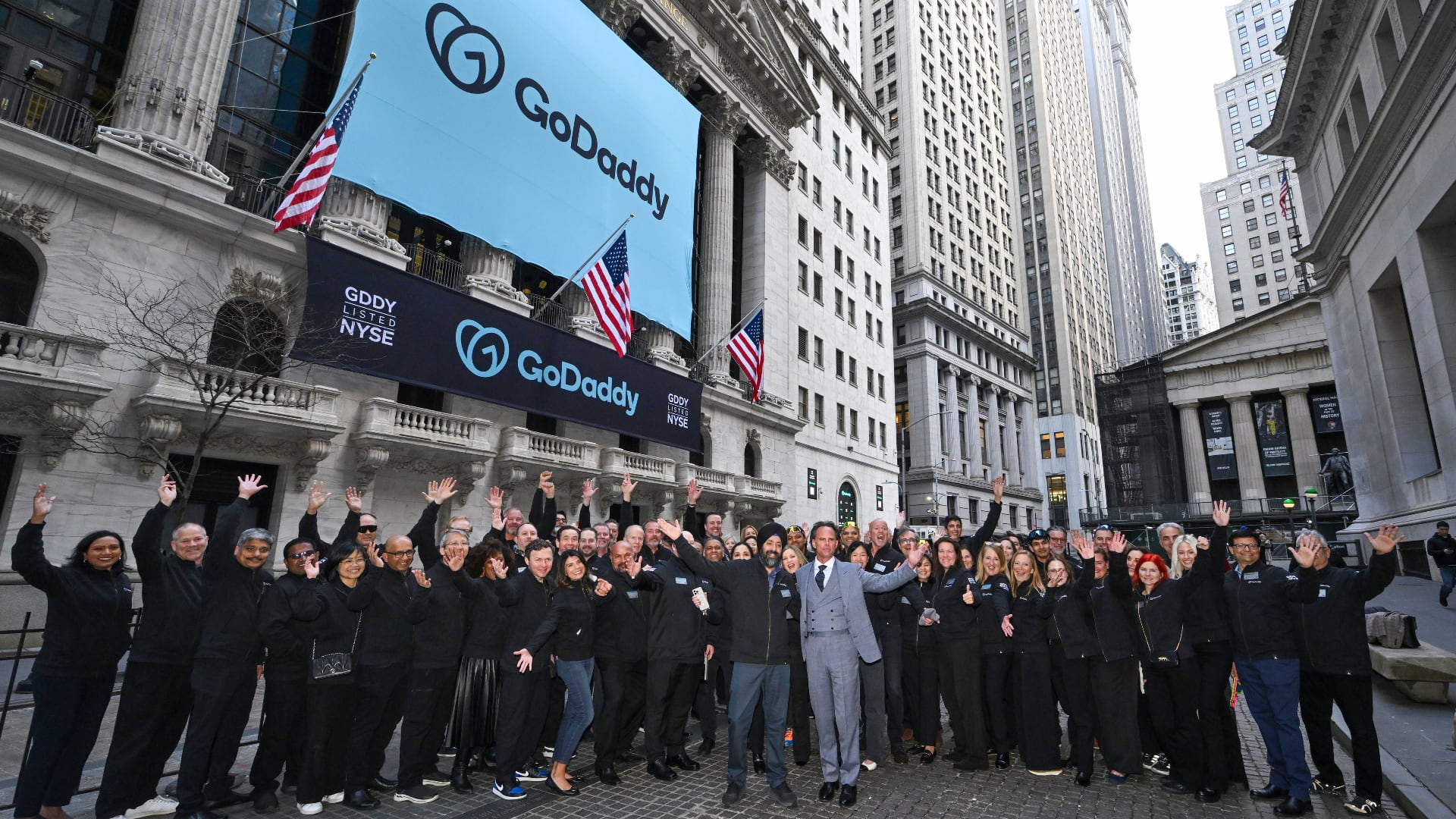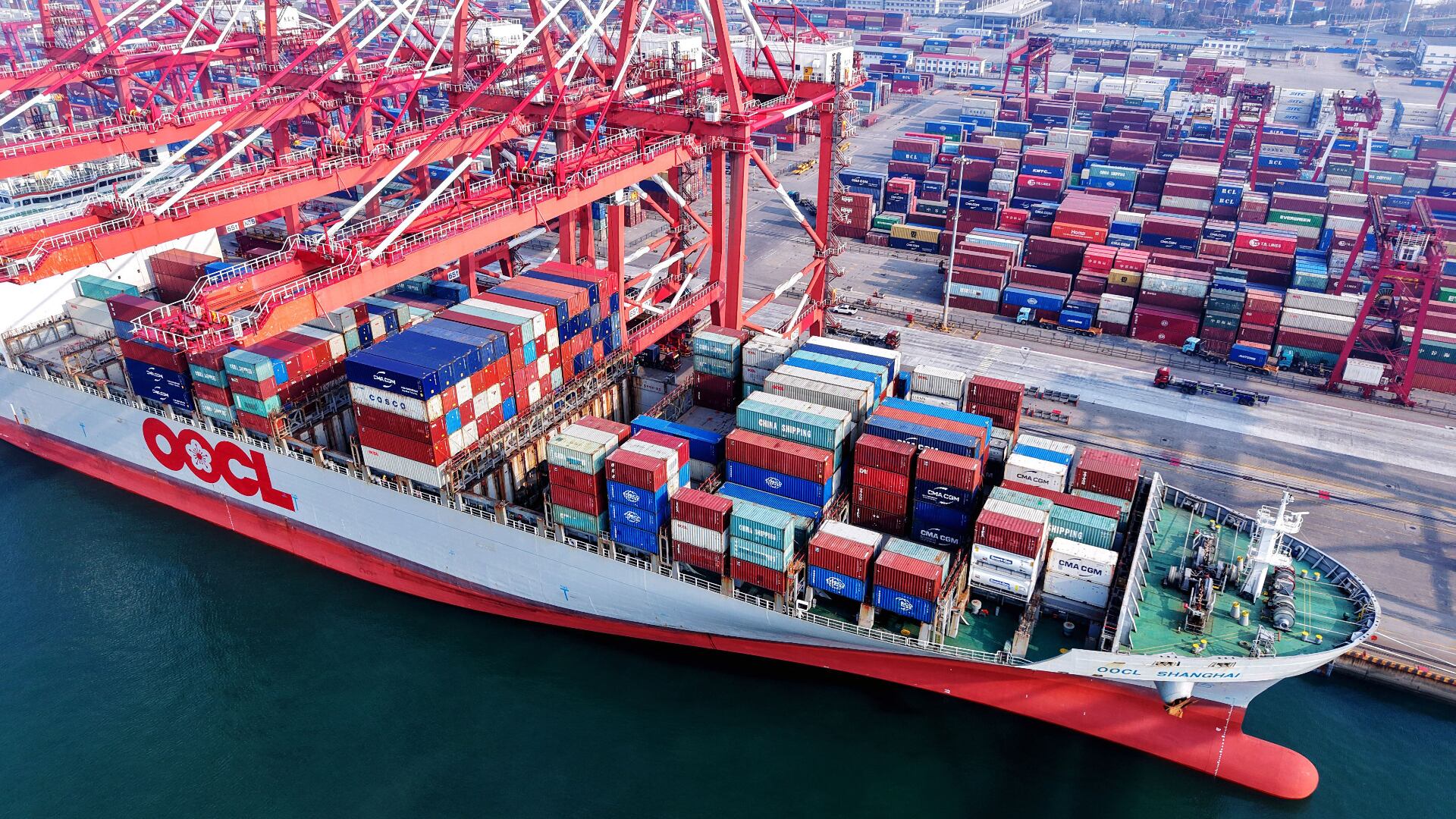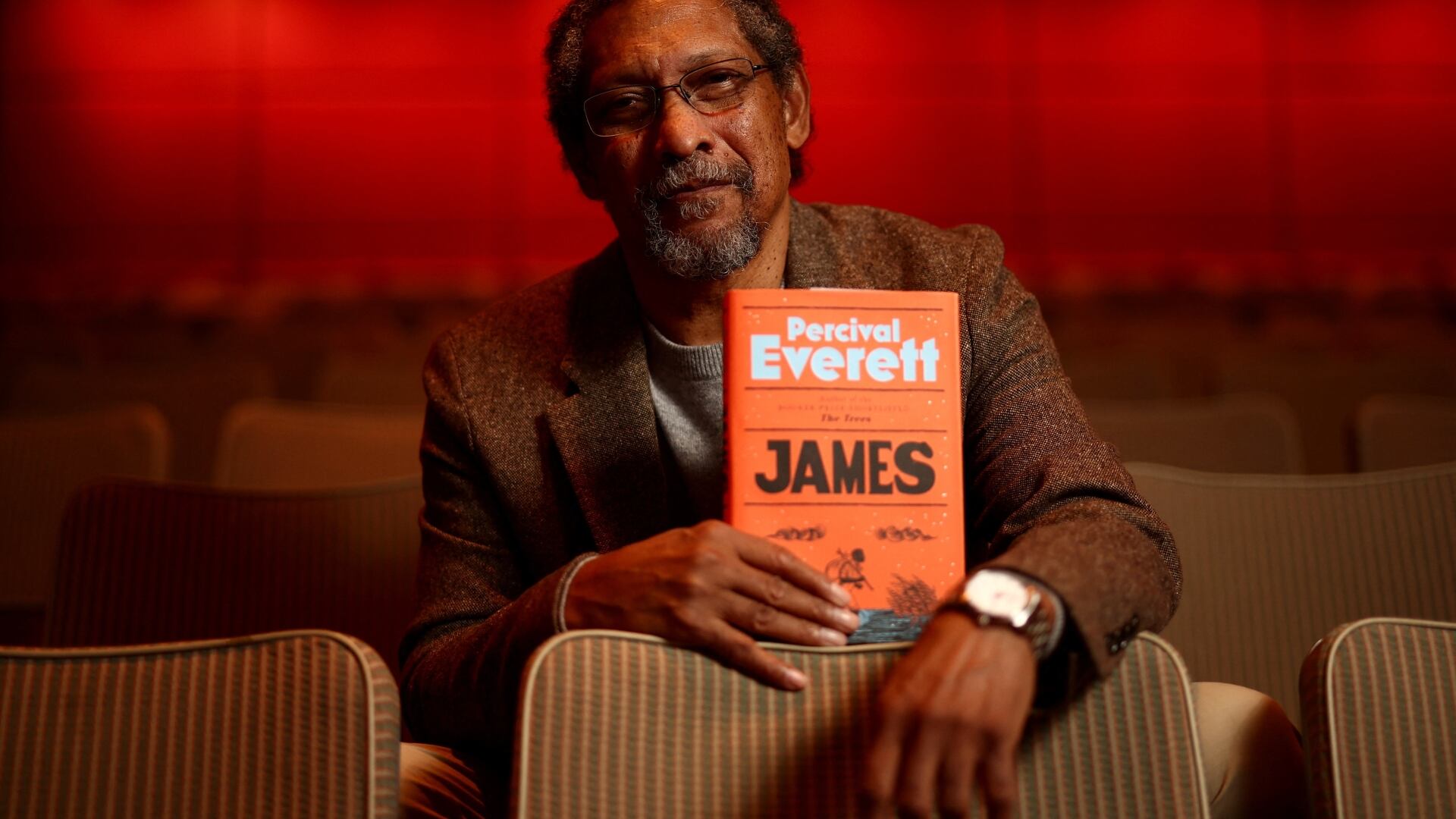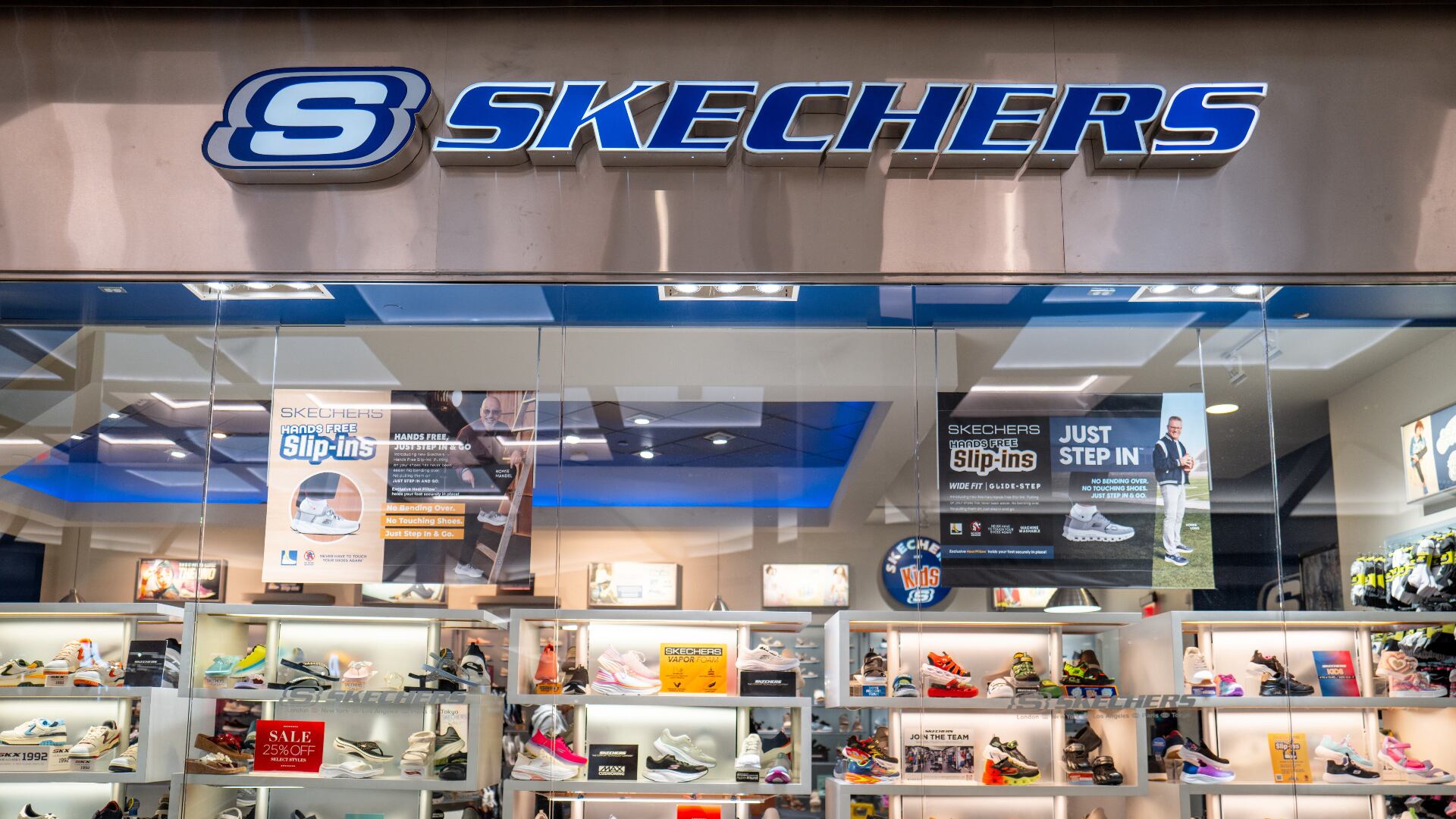The digital banking startup MoneyLion has appointed Samantha Roady to the newly-created role of chief operating officer as the startup looks to grow its product suite, membership offerings, and customer base over the next year.
Roady joins MoneyLion from GAIN Capital ($GCAP), where she worked for 20 years, most recently as president, running the retail brokerage business and managing the organization’s commercial functions, including marketing, sales, partnership, product, customer operations, and its regional businesses. As COO of MoneyLion, she will be responsible for the growth, operations, and people functions at MoneyLion.
The 6-year-old company added subscriptions to its offerings in 2018 and has since doubled its total number of customer accounts to 6 million. In July it closed a $160 million Series C fundraise, which included Capital One as an investor. Until now the company has been focused on targeting the American middle class but is looking to diversify that base by adding a higher tier to its subscription offerings.
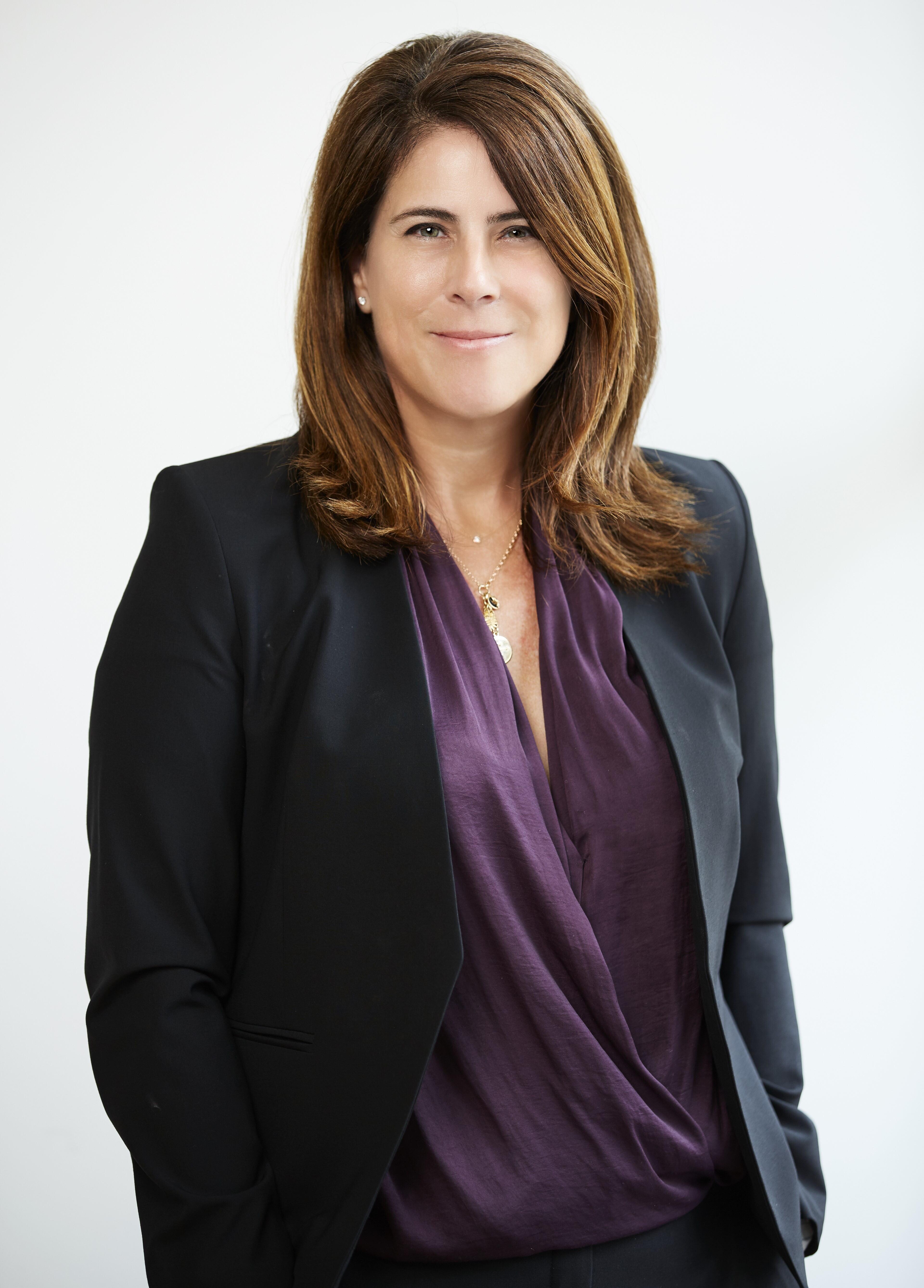
MoneyLion is hoping Roady’s experience developing and scaling GAIN’s business can help launch it into the mainstream.
“Watching a company grow up and scale and go through all of the challenges you go through when managing growth was an amazing experience for me,” Roady told Cheddar, “Going from a pre-series A startup through five rounds of funding, through IPO in 2010, and international expansion into eight markets – then a period of M&A where we did 10 deals, including two large scale industry roll out acquisitions.”
One of her biggest challenges at MoneyLion right now is ensuring it’s prepared for exponential customer growth, and the management of customer-facing, front office staff and 24-hour customer service is “critical.”
“You want to automate as much of the support as possible – people should be able to do things self-served, get answers to their questions without necessarily interacting with a human, but when an issue or question requires human interaction, the company needs to be there for that,” she said.
“Availability is critically important to building customer trust and providing good service,” she said, adding, “People have an expectation of the always-on so we really need to deliver that, especially when it comes to people’s finances.”
CEO Dee Choubey likened its membership ambitions to something like a “Costco of the financial services industry, [where you] pay one membership annually or periodically and you can get access to everything,” in an interview with Cheddar earlier this year.
The subscription-based model is a departure from the old fee-income model — which often includes overdraft fees, out-of-network ATM fees, fees for not maintaining a certain minimum balance — that banks have historically relied heavily on, at the expense of customers' account balances and well-being. It’s also increasingly popular among fintech startups that initially lured in new customers with low- or no-fee products but now seek a path to profitability at scale.
Through two different financial subscription tiers, the mobile bank currently offers lending, savings, and wealth management products. It’s currently planning to launch a stock-trading service, a high-yield savings account, a credit card, and a whole wealth of interactive and educational content to complement them.


